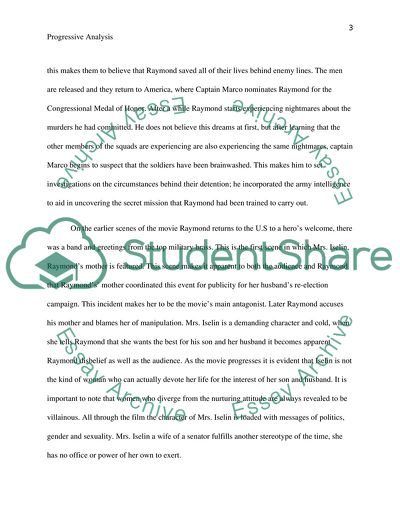Cite this document
(Progressive Analysis of Manchurian Candidate Film by Frankenheimer and Movie Review, n.d.)
Progressive Analysis of Manchurian Candidate Film by Frankenheimer and Movie Review. https://studentshare.org/visual-arts-film-studies/1820559-progressive-analysis
Progressive Analysis of Manchurian Candidate Film by Frankenheimer and Movie Review. https://studentshare.org/visual-arts-film-studies/1820559-progressive-analysis
(Progressive Analysis of Manchurian Candidate Film by Frankenheimer and Movie Review)
Progressive Analysis of Manchurian Candidate Film by Frankenheimer and Movie Review. https://studentshare.org/visual-arts-film-studies/1820559-progressive-analysis.
Progressive Analysis of Manchurian Candidate Film by Frankenheimer and Movie Review. https://studentshare.org/visual-arts-film-studies/1820559-progressive-analysis.
“Progressive Analysis of Manchurian Candidate Film by Frankenheimer and Movie Review”. https://studentshare.org/visual-arts-film-studies/1820559-progressive-analysis.


